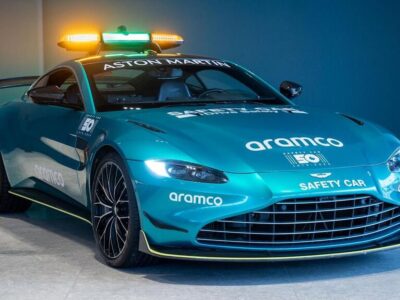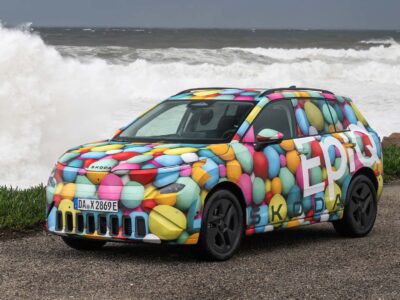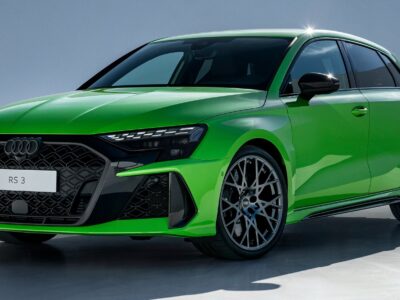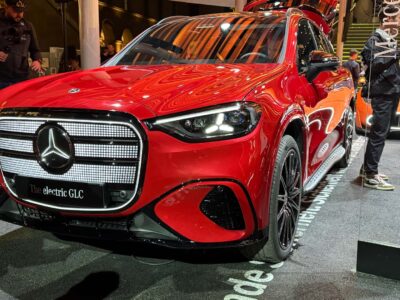
The inevitable dominance of the electric vehicle market and the obsolescence of diesel vehicles for everyone except larger trucks may seem like an inevitable conclusion in the United States, especially given current policies. However, when looking at Europe as a whole, as well as some other global markets, electric vehicles had not surpassed diesel vehicles in car sales until recently.
This makes it an especially bold commitment for the Swedish automaker to bid farewell to diesel engines. Volvo, which aims to be fully electric by 2030, in addition to leather-free, announced that it will build the last Volvo car with a diesel engine in early 2024, claiming to be one of the first traditional car manufacturers to take this step.
“Our decision to completely phase out diesel engines in early 2024 illustrates how quickly both the automotive industry and customer demand are changing in the face of the climate crisis,” said the automaker in a statement accompanying the announcement. “Just four years ago, the diesel engine was our everyday bread in Europe, as it was for most other car manufacturers.”
Volvo, which has not been selling diesel engines in the United States for decades, states that most of its sales in Europe now consist of electric and plug-in hybrid vehicles. However, across Europe and for other brands, the pace of progress will be much slower.
According to S&P Global, fully electric vehicles surpassed diesel vehicles for the first time in June, and with the arrival of more affordable electric models, the diesel market dropped by 9.4% compared to the previous year. S&P predicts that sales of electric vehicles, plug-in hybrids, and combined fuel cell models will account for up to 70% in the continent by 2030, up from 19% in 2022.
Most other European automakers plan to continue manufacturing diesel engines for many years. Four years ago, the then BMW board member in charge of development, Klaus Fröhlich, told Automotive News that they would sell new diesel engines for at least another 20 years and gasoline vehicles for at least another 30 years. BMW decided to abandon diesel engines in the U.S. in favor of plug-in hybrids in 2018.
Earlier this month, at the Munich Auto Show, Mercedes-Benz CEO Ola Källenius told Reuters that he does not expect his lineup to be fully electric by 2030, although it will be ready.
Volkswagen, severely hit last decade by its diesel emissions scandal, has stated that it plans to exit the combustion vehicle market in Europe between 2033 and 2035. VW has not distinguished between gasoline and diesel for that withdrawal date but has emphasized the importance of affordable electric vehicles. Stellantis has also scaled back its diesel offerings in Europe and elsewhere as it introduces more affordable electrified models.







